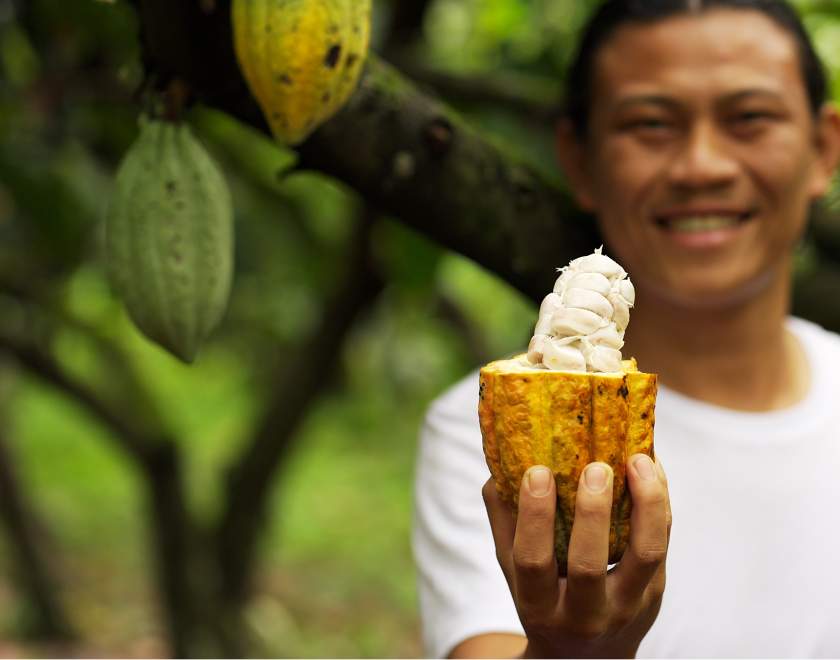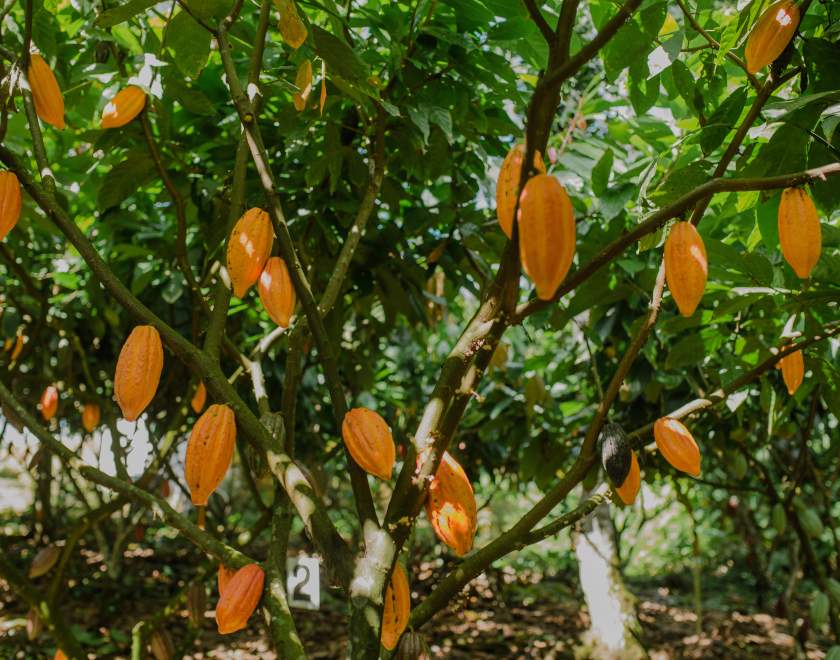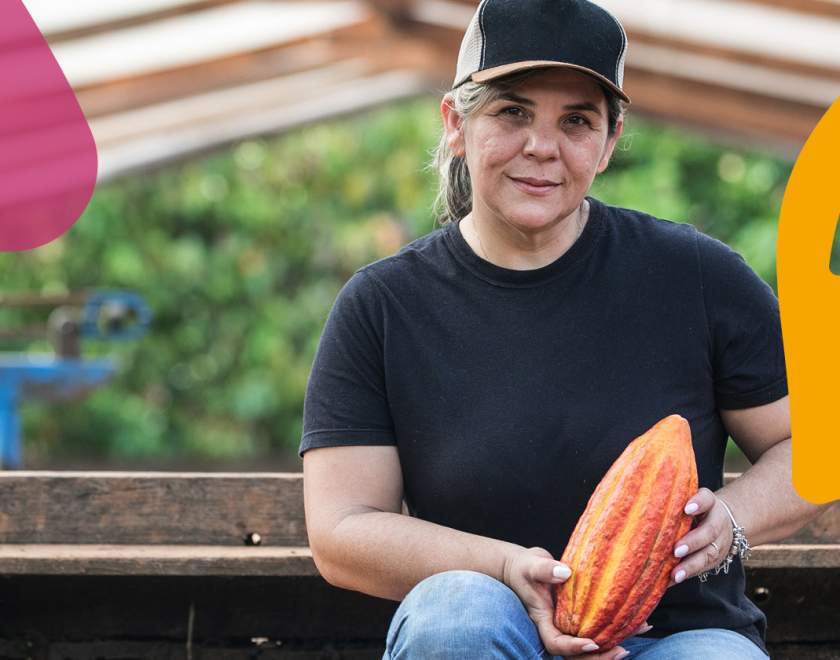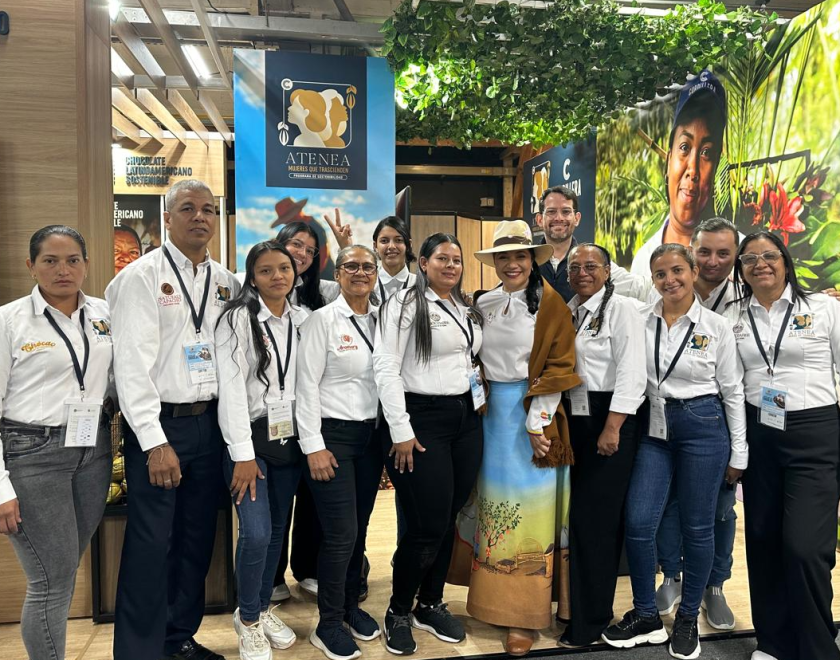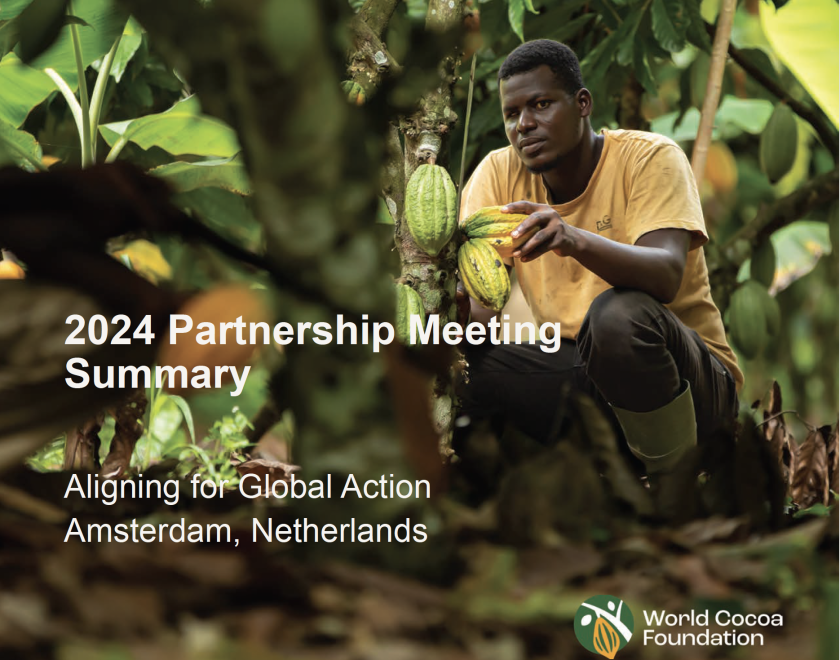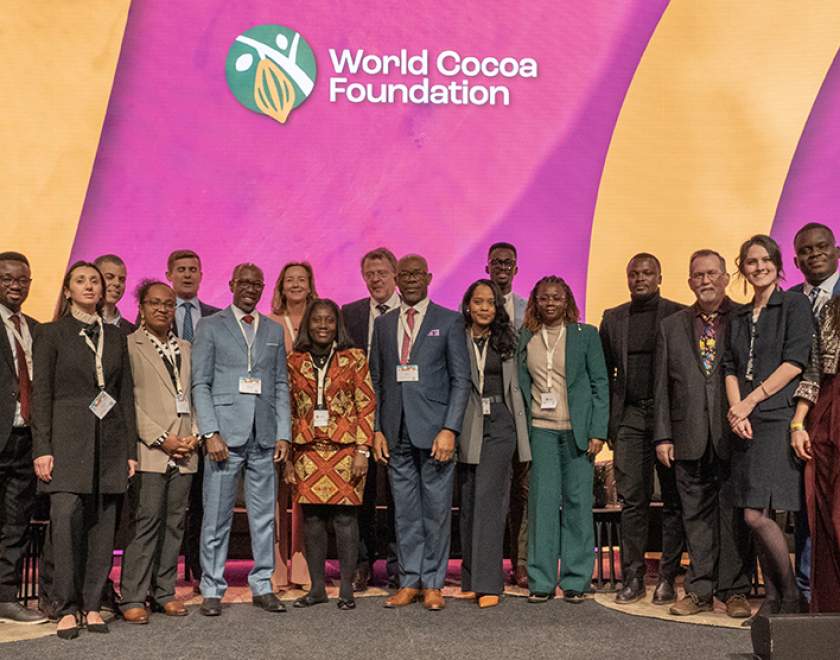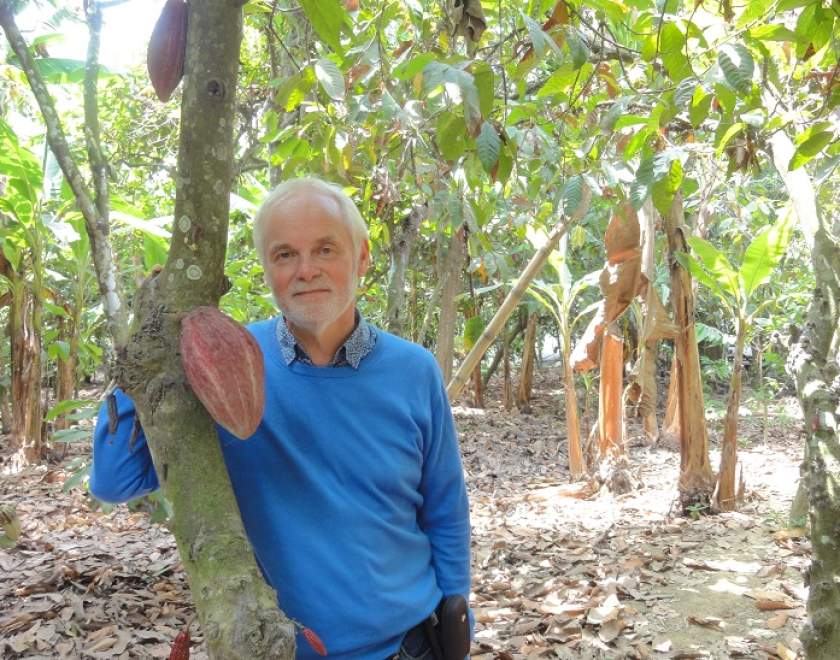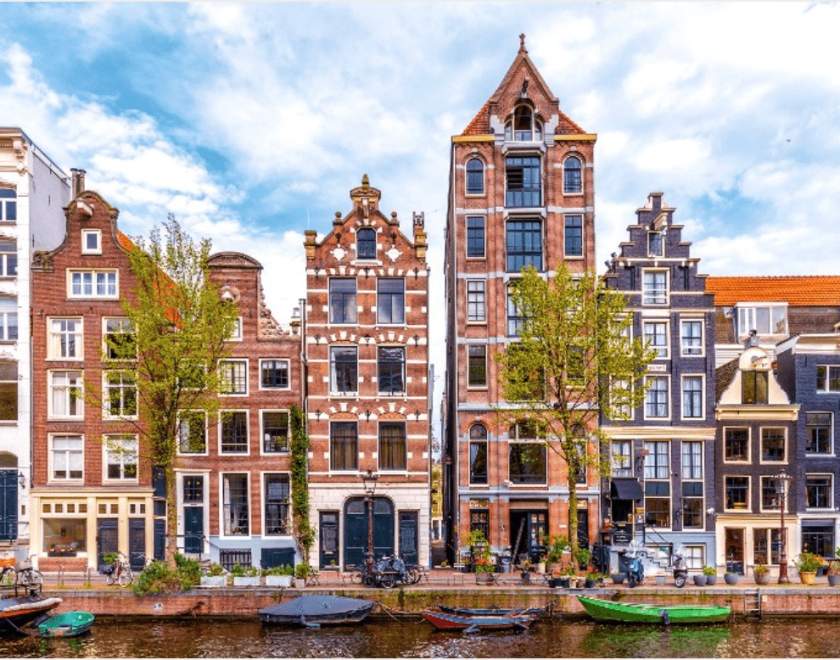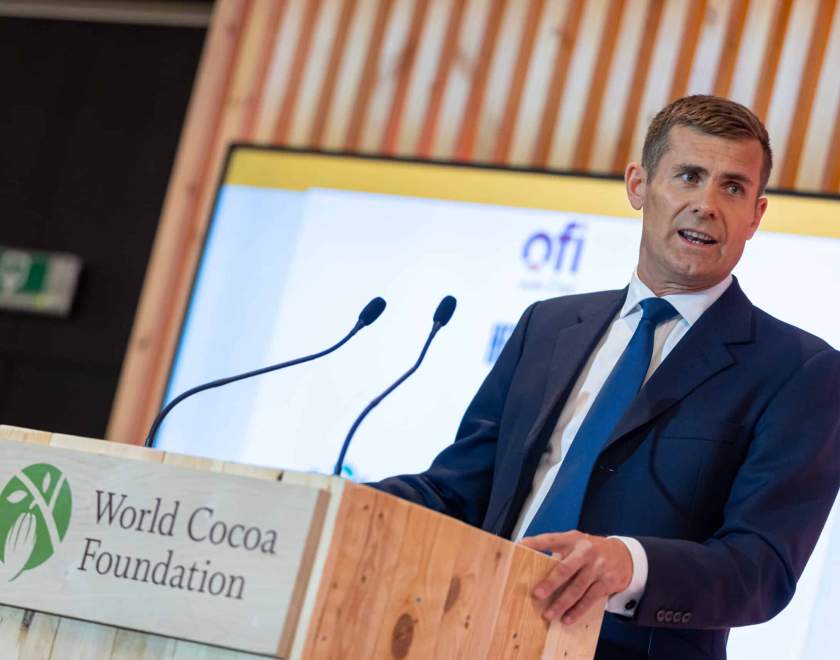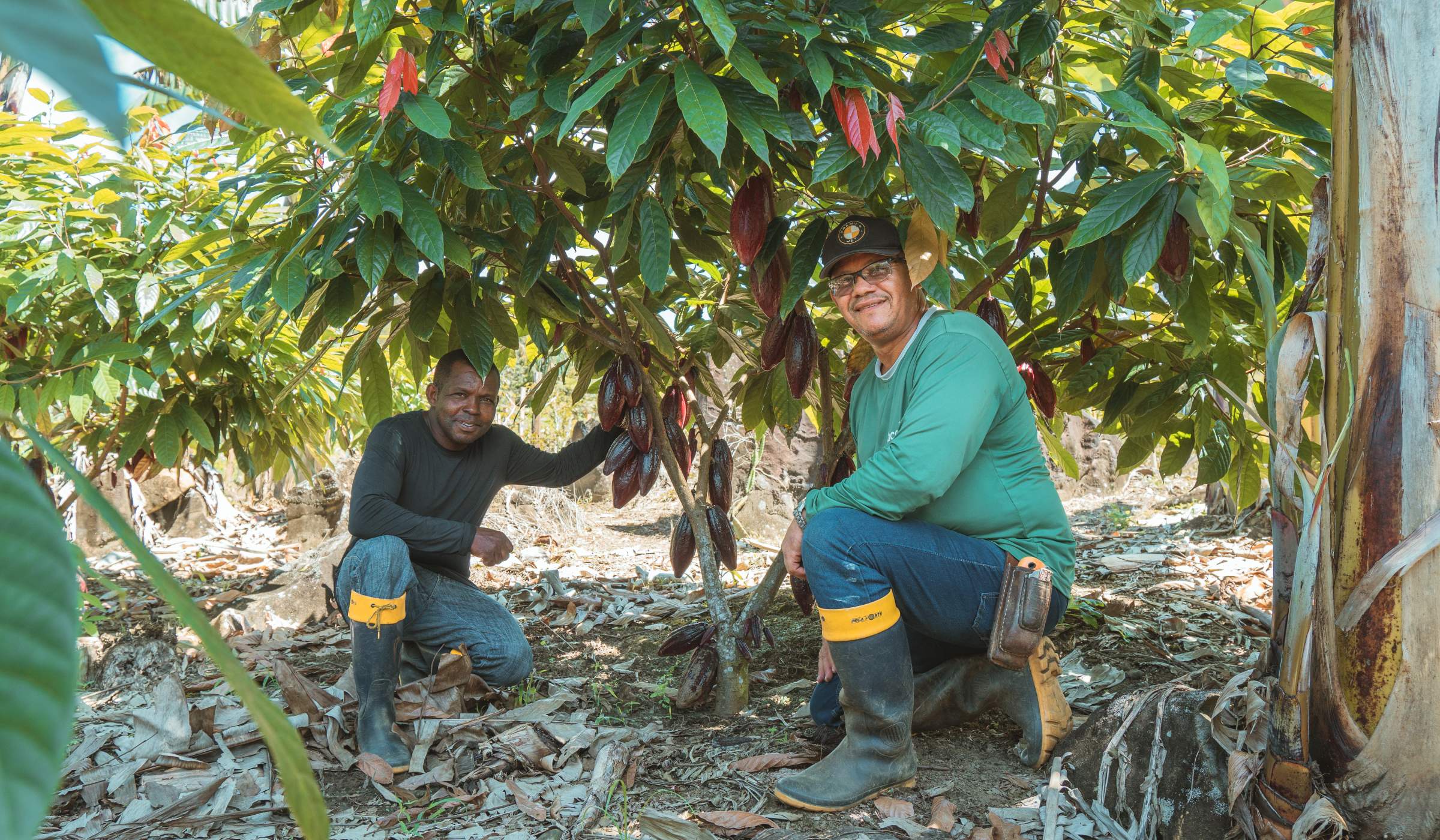
The country has ambitious plans to increase production and a lot to contribute to the global discussion – including at WCF’s 2025 Partnership Meeting in São Paulo.
Could Brazil be emerging as a hub for innovation in sustainable cocoa production?
The country may only produce 5% of the world’s cocoa today, but it is increasingly in the spotlight as companies, NGOs, government consortiums and technical partners experiment with new models.
In doing so, they build on the deep expertise of Brazil in other crops and cocoa production in other regions while also potentially producing new learning that could be exported to other countries in Latin America, Africa and Asia.
In particular, Brazil’s well-established agricultural sector offers opportunities to explore sustainable models of production at scale. With disease and climate change negatively impacting cocoa productivity in many geographies, global demand continues to rise. A double-digit decline in production this year and corresponding higher prices so far has not significantly curbed demand, meaning the world will need to produce more cocoa in total to solve the equation in the years ahead.
Brazil’s plan to double domestic cocoa production to 400,000 tons by 2030 could help ease that ongoing global supply deficit.
The country will be at the centre of the global cocoa conversation when it hosts the World Cocoa Foundation (WCF) 2025 Partnership Meeting in March. Among other topics, the event will focus on Global South-South exchanges of best practices.
In anticipation of that event, WCF President Chris Vincent recently visited Bahia, one of Brazil’s main cocoa-producing regions, to see the innovative approaches that different organisations are developing.
Building Brazil’s cocoa future
One of the stops was to see Belterra, a project that works with smallholder farmers to adopt regenerative agricultural practices through agroforestry systems on degraded land at scale. And cocoa is an ideal crop for this type of farming.
Belterra provides technical support and incentives so smallholder farmers can profitably grow cocoa and other crops suited to agroforestry systems. The organisation plans to restore 40,000 hectares of forest by 2030, building livelihoods and storing carbon in the soil along the way.
“I was impressed with Belterra’s work to scale agroforestry and make it economically viable for smallholder farmers, leaning on Brazil’s established agricultural infrastructure and economy,” Vincent said after the visit. “There are learnings here that could be useful for organisations and cocoa growers in other geographies.”
Additionally, Vincent visited with farmers participating in the Cacau+ programme, coordinated by a consortium of municipalities in the Southern Territory of Bahia, funded by the Bahia government and supported by WCF’s CocoaAction Brasil initiative
Cacau+ works to help smallholder cocoa farmers increase productivity, quality and sustainability. Farmers’ average yield when they enrol in the programme is 340 kilograms per hectare. That rises to 640/ha by the end of their second year, with the goal of reaching 1,200 kg/ha by the end of a four-year cycle.
Meanwhile, productivity increases from programmes like these are helping farmers improve their quality of life and gain access to education while also revitalising rural economies.
First-hand exploration and learning
To promote cross-geographic knowledge sharing, this year’s WCF Partnership Meeting will go beyond the conference hall and into the cocoa grove.
WCF and local partners are organising a 4-day field trip to Bahia that will start on a Friday after the Partnership Meeting concludes. Attendees will be able to experience the cocoa recovery first-hand and witness the excitement surrounding Brazil’s sustainable comeback. Visits will include both smallholder and larger farms adopting a variety of production techniques and systems, in addition to research centers and other interesting sights
If you are attending the 2025 Partnership Meeting in São Paulo, find out more about this unique opportunity and reserve your spot before they’re gone!
